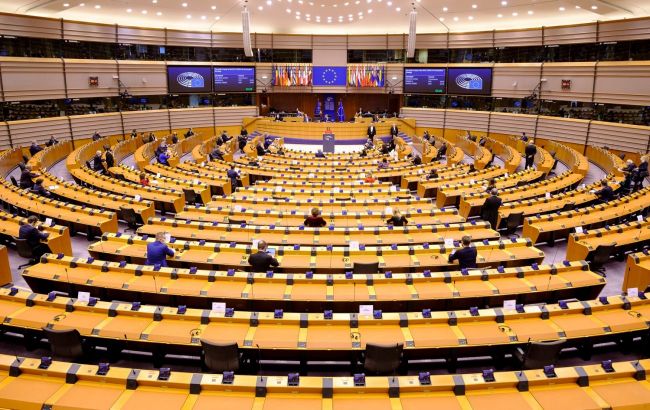EU approves agreement on artificial intelligence regulation
 Photo: The EU concluded an agreement on the regulation of artificial intelligence (GettyImages)
Photo: The EU concluded an agreement on the regulation of artificial intelligence (GettyImages)
After more than 37 hours of negotiations, delegates from the European Commission, the European Parliament, and 27 member states have successfully reached an agreement on regulating artificial intelligence (AI), reports Bloomberg.
“We spent a lot of time on finding the right balance between making the most of AI potential to support law enforcement while protecting our citizens’ fundamental rights. We do not want any mass surveillance in Europe,” Thierry Breton, the bloc’s internal market chief, said.
Negotiators have agreed to permit real-time facial scanning, but with safeguards and exceptions. The agreement explicitly prohibits biometric scanning that categorizes individuals based on sensitive characteristics such as political or religious beliefs, sexual orientation, or race, marking one of the most challenging and sensitive issues.
Financial sanctions, reaching up to 35 million euros or 7% of global turnover, are also sanctioned for companies breaching the rules, contingent on the nature of violations and the size of the company.
While several details are yet to be finalized by government officials in the upcoming weeks, negotiators have generally concurred on establishing regulations for AI, encompassing fundamental transparency requirements for developers.
The draft law awaits official approval from both the parliament and the council, comprising 27 EU member states. Criticism from France and Germany, who fear potential over-regulation of general-purpose AI models, has been voiced.
Regulation of artificial intelligence
Concerns about regulating AI have arisen globally following the emergence of generative AI, such as ChatGPT, which uses data to generate new content.
The CEO of OpenAI, the creator of ChatGPT, has urged the United States Congress to regulate artificial intelligence. US Senators are reportedly conducting secret briefings on this matter.
In early November, a joint declaration was signed by the US, EU, Great Britain, and China, acknowledging the potentially catastrophic risks of artificial intelligence to humanity.

